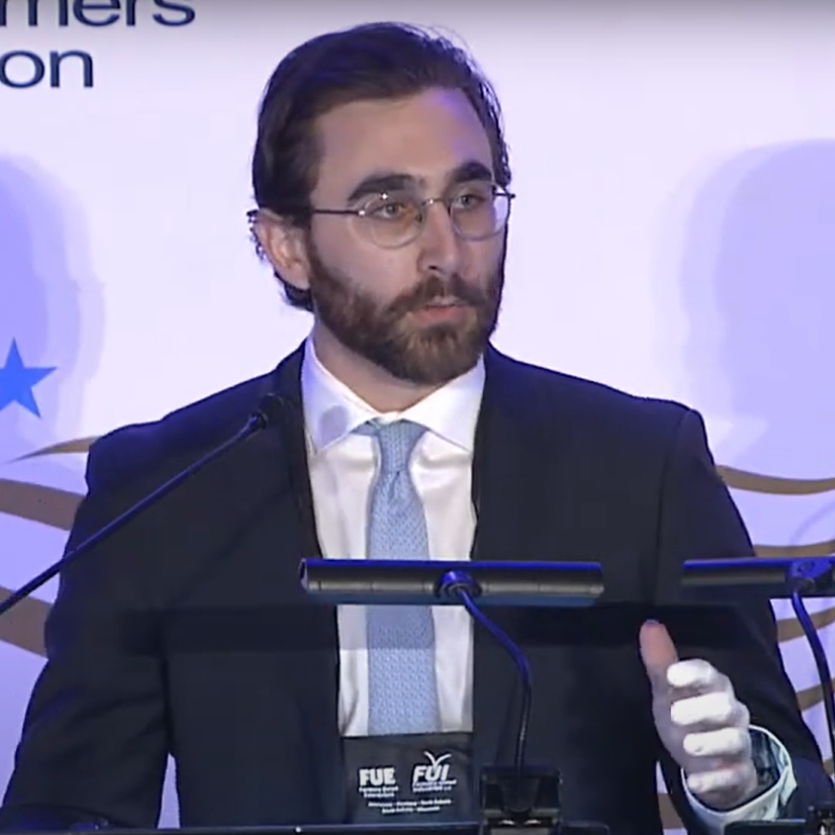They say the devil is the details. When it comes to legislation, changing just a couple of words can be the difference between a law that helps the public interest—or just a handful of special interests. For example, one newly proposed bill could either reduce the cost of healthcare while maintaining its quality, or it could protect manufacturer interests at the detriment of public health.
At PIRG, we have been working for decades to make our healthcare system more affordable, effective and safe. That’s why we’ve worked to protect Americans from surprise medical bills. It’s why we’re working to lower drug prices. And it’s why we engaged extensively in the push for Medical Right to Repair to remove manufacturer-imposed repair restrictions that not only run up costs, but make it hard for people on the frontlines of the fight against COVID-19 to treat patients.
Some devilish details have come to the fore in our Medical Right to Repair campaign. Medical device manufacturers are lobbying Congress to include language in the Medical Device User Fee Amendments—a must-pass piece of legislation currently in the House—that would change the definition of “remanufacturing” to include activities that have long been considered service or repair.
Do you work in the medical device service industry? Sign our letter asking Congress not to change the definition of remanufacturing.
Such a change may seem banal, but that redefined language could severely hamper the ability of hospital technicians and independent service organizations to fix lifesaving equipment such as ventilators, dialysis machines and other devices throughout the hospital. That would require hospitals to turn to the manufacturer for many repairs, leading to service delays and high costs, both of which were problems before the COVID-19 pandemic that have been exacerbated over the past two years.
These are among the reasons that the Food & Drug Administration (FDA) began a process last June to determine appropriate definitions for “remanufacturing” and “service.” In the process, the agency has asked for public comment and engaged with more than 80 equipment service stakeholders. Congress changing the definition at this point would constitute an end run around the FDA’s process of gathering important stakeholder input and, in many ways, render it moot.
Congress should be increasing the competition that will improve hospital choices and patient safety to drive down healthcare costs—not advancing policy that might result in only manufacturers being able to repair equipment. Congress should allow the FDA stakeholder engagement process to continue.
That’s why PIRG, along with the International Association of Medical Equipment Remarketers and Servicers (IAMERS) and other allies in the medical device servicing world, submitted the below letter to leaders in Congress. We trust that our elected representatives will recognize the problems with changing the language and prevent it from going through.
In a 2018 report, the FDA stated that the, “continued availability of third party entities to service and repair medical devices is critical to the functioning of the U.S. healthcare system.” Let’s not let devilish details get in the way.
